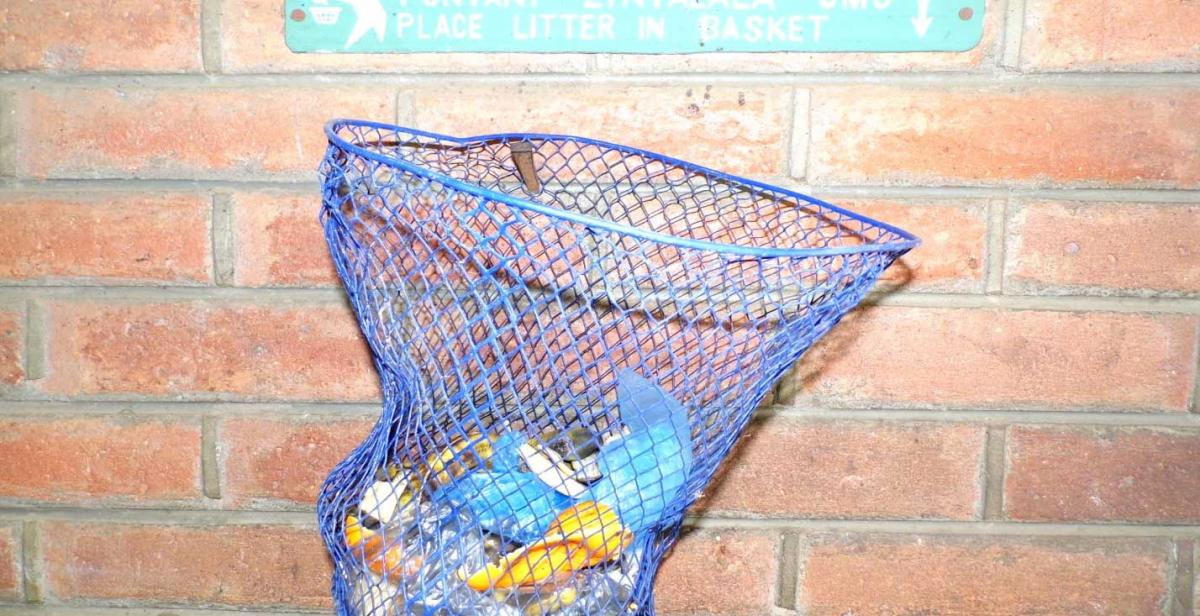Poor waste management is one of the biggest problems affecting Malawi’s Environmental sector. Imagine the consequences: people throw litter regardless of where they are, even if there is a waste bin nearby, people still choose to throw litter anyhow. On public transport you see people throwing litter through the window, walking down the streets you see people throwing litter anywhere. Have you ever wondered what will happen to that litter if it piles up? Who is responsible for keeping Malawi clean?
Wastes that end up in water negatively changes the chemical composition. Water pollution affects all ecosystems existing in the water, it also causes harm to animals that drink from such polluted water; leading to human diseases like dysentery and cholera when we join that food chain.
Hazardous chemicals that get into the soil (contaminants) can harm plants when taken up through roots. Land and air pollution can cause respiratory problems and other adverse health effects as contaminants are absorbed through lungs to other parts of the body. Pollution also causes destruction of the ozone layer, leading to cancer and increased global warming.
Some of the solid wastes like nails and bottles lead to human injury. When walking and one steps on nails or broken bottles or anything sharp, they end up getting hurt. The effects of poor waste management are too numerous to list; but if we can come to a solution where we all take good care of our waste, we can make Malawi a healthier, more prosperous place. There are many ways to achieve this - using rubbish pits, bins, and holding onto your own litter for responsible disposal if you have no other immediate means.
Team Sapitwa in Mulanje joins the rest of the country in the Beautify Malawi campaign, aiming for proper waste management in order to keep Malawi clean and beautiful.
For the seven weeks that Team Sapitwa has been active in Mulanje district, we have focused awareness campaigns on waste management in the market places in Mulanje province where litter is poorly managed and can endanger people’s health. Markets are a vital part of the Malawian community; taking responsibility to clean up our major meeting and retail places is a very powerful symbol of our commitment to Beautifying Malawi, as well as confronting a major source of litter and pollution.
The team has gone as far as digging rubbish pits in schools to help pupils learn how to manage wastes. So far the team has had four rubbish pits dug in two different schools. The team dug two rubbish pits at Chumani Primary School in the district and also two other rubbish pits at Samson primary school.
With the help from the partner organization WESM (Wildlife Environmental Society of Malawi) the team has managed to secure nine waste bins, three of which have already been distributed at Mathambi market, the team still has six more waste bins to distribute in schools, hospitals and markets in the district.
Written by ICS volunteers in Sapitwa



